Television is in a new golden age. Shows like “Shōgun” are dominating the stream charts, while others like “Breaking Bad” and “The Wire” are embedded into popular culture, sending television into a new era many have called “Peak TV.”
However, look around some of the most popular hangout spots. If not studying, many are most likely watching the typical medical drama, sitcom or other “light” TV program. Why is this? We are being met with shows that break the conventional mold, and where the medium is becoming the more prestigious over film. Why are we finding ourselves attracted to shows that critics deem to have less artistic merit?
When television went mainstream in the 1950s, it quickly became the most popular entertainment medium across the world. People were entertained by hundreds of sitcoms, soap operas, game shows, etc. Yet in the end, it was all seen as sort of “disposable entertainment.”
By the 1990s, things began to change due to the arrival of cable. Since cable channels were not under the same FCC regulations, this meant that they could show more gritty and serious fare. Shows like “The Sopranos,” “Breaking Bad” and “The Wire” became huge successes. People became less concerned about who wanted to be the next millionaire, or if Erica Kane was going to divorce her seventh husband on “All My Children.” Tensions rose as more grew concerned about what was going to happen on the next “Game of Thrones.”
With these new and high-budget shows dominating the popular conscience, the old-fashioned sitcoms and dramas of broadcast television are still very popular, especially among Gen Z. Almost anyone can quote episodes of “The Office” or “Friends.” It’s common to see your classmate watching “Greys Anatomy” on their laptop during lecture. Netflix reported in 2023 that their most streamed show was “Suits,” a legal drama that Slate magazine called “glossy and lightweight.”
I am guilty of this phenomenon. I’ve binge-watched every episode of “30 Rock” and my cousin and I are enthralled over the daily dramatics that goes on in “EastEnders,” a British soap opera that has been airing since 1985. Why are these shows the ones everyone categorizes as immediate entertainment?
The number one reason I can assume is escapism. College is tough, which is undoubtful whatsoever. Between the long study sessions and endless lectures, we need time to divest ourselves of our current problems and be whisked away into an imaginary world where our problems seem miniscule.
For example, my favorite show: “EastEnders.” Because it’s a soap opera, all the characters continuously face crises 24/7. Yet, the drama never really becomes too much. For 30 minutes a day and four days a week, you escape into the lives of residents through London’s East End. For a moment, you forget the problems plaguing your life.
This leads into another reason for why these shows have continued success. It goes back to how “disposable” they really are.
With a show like “Friends,” you can put it on and start doing something else without risking sudden confusion.
Plus, these shows have no moralistic or analytical intentions. They don’t ask you to take a deep dive or search for second meanings. It’s just Liz Lemon of “30 Rock” getting a talk show on giving out horrible relationship advice.
Maybe it’s the familiarity of it all; these shows don’t push barriers. When you watch a show like “Breaking Bad,” you can sometimes be shocked at how much they can get away with what they show. On “The Simpsons,” it’s all predictable, but it adds to the charm. It’s finding comfort in knowing, or in the case of serialized shows, predicting what’s going to happen next.
So, cheers to comfort TV, the shows we consume to get away from life’s problems. Now if you excuse me, I’m going to binge-watch “30 Rock” again.



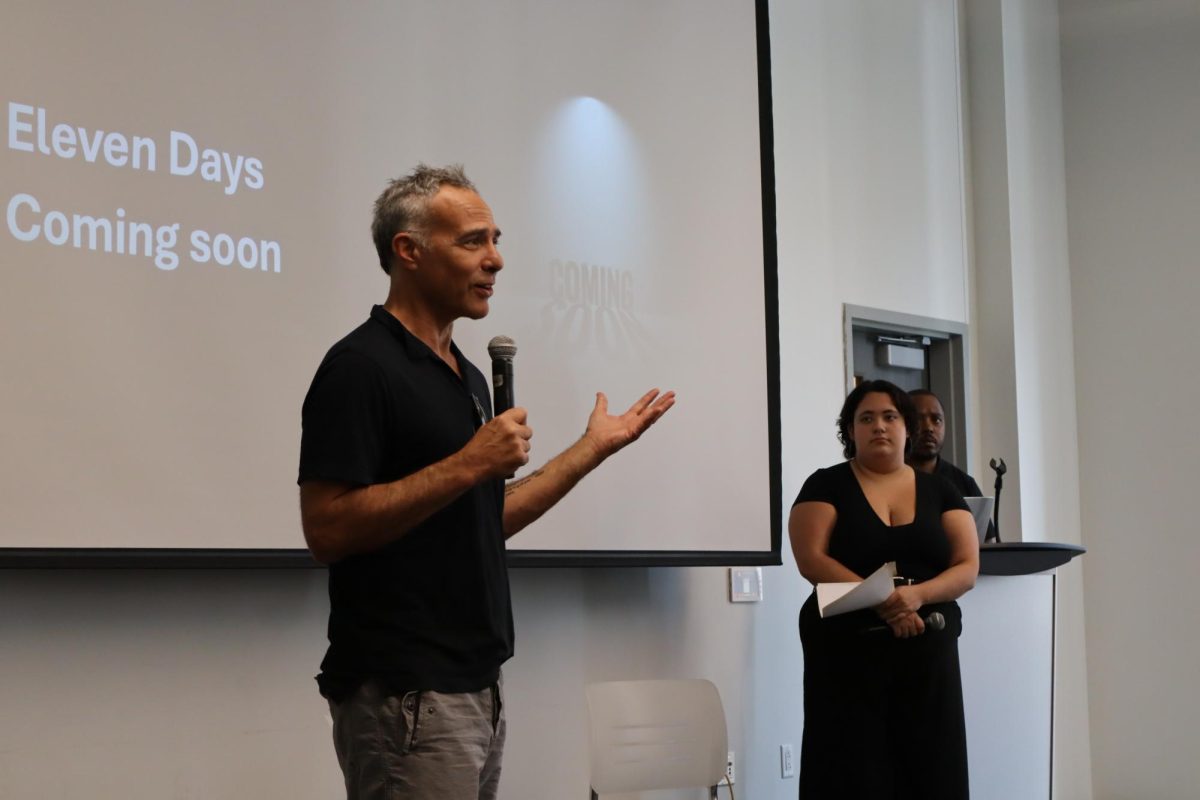

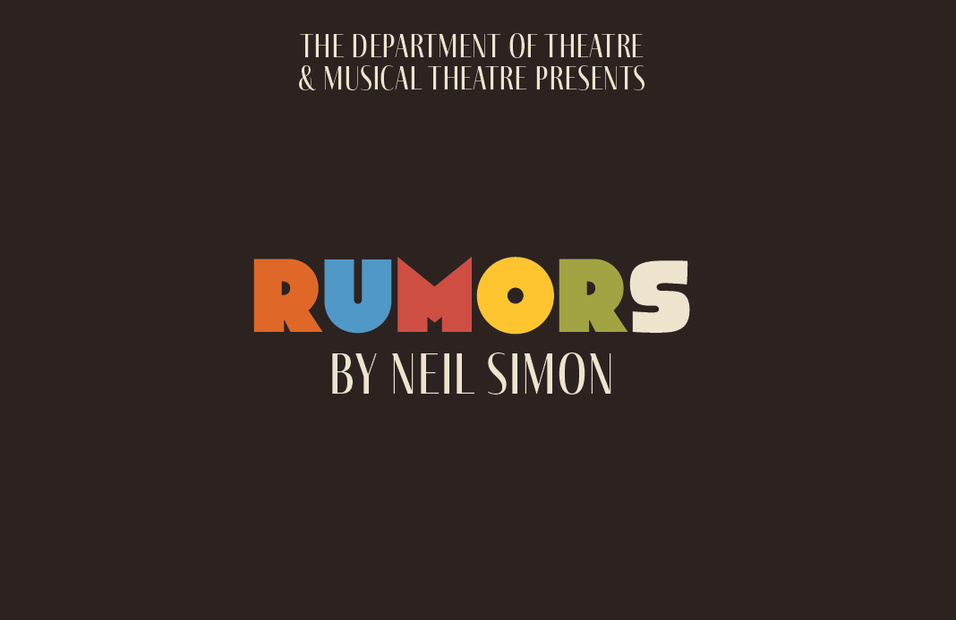

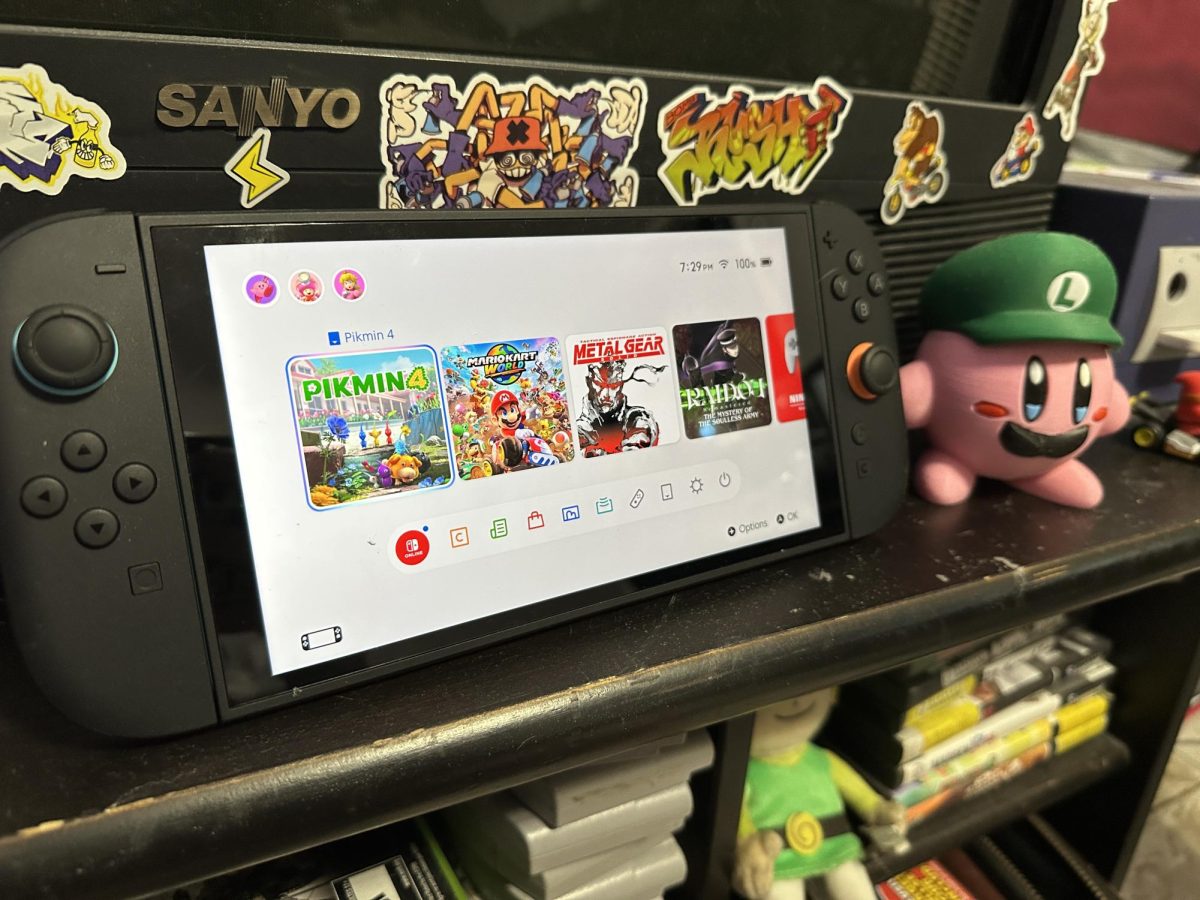


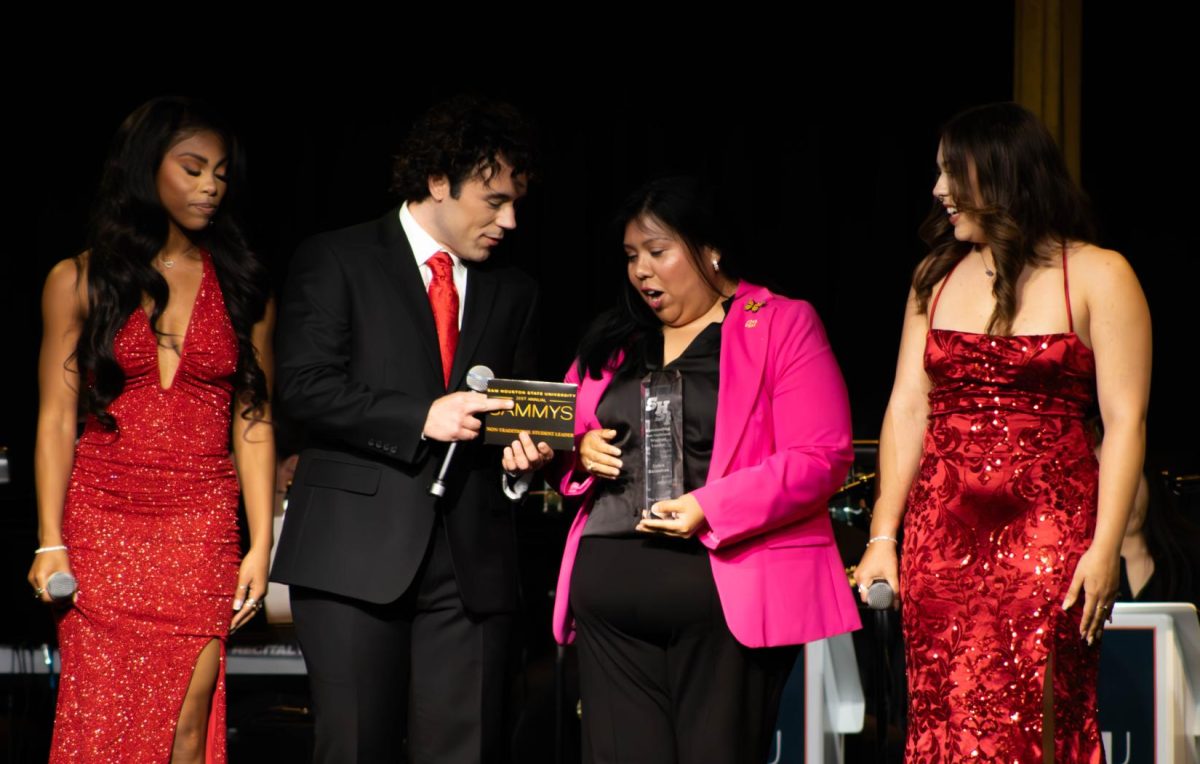
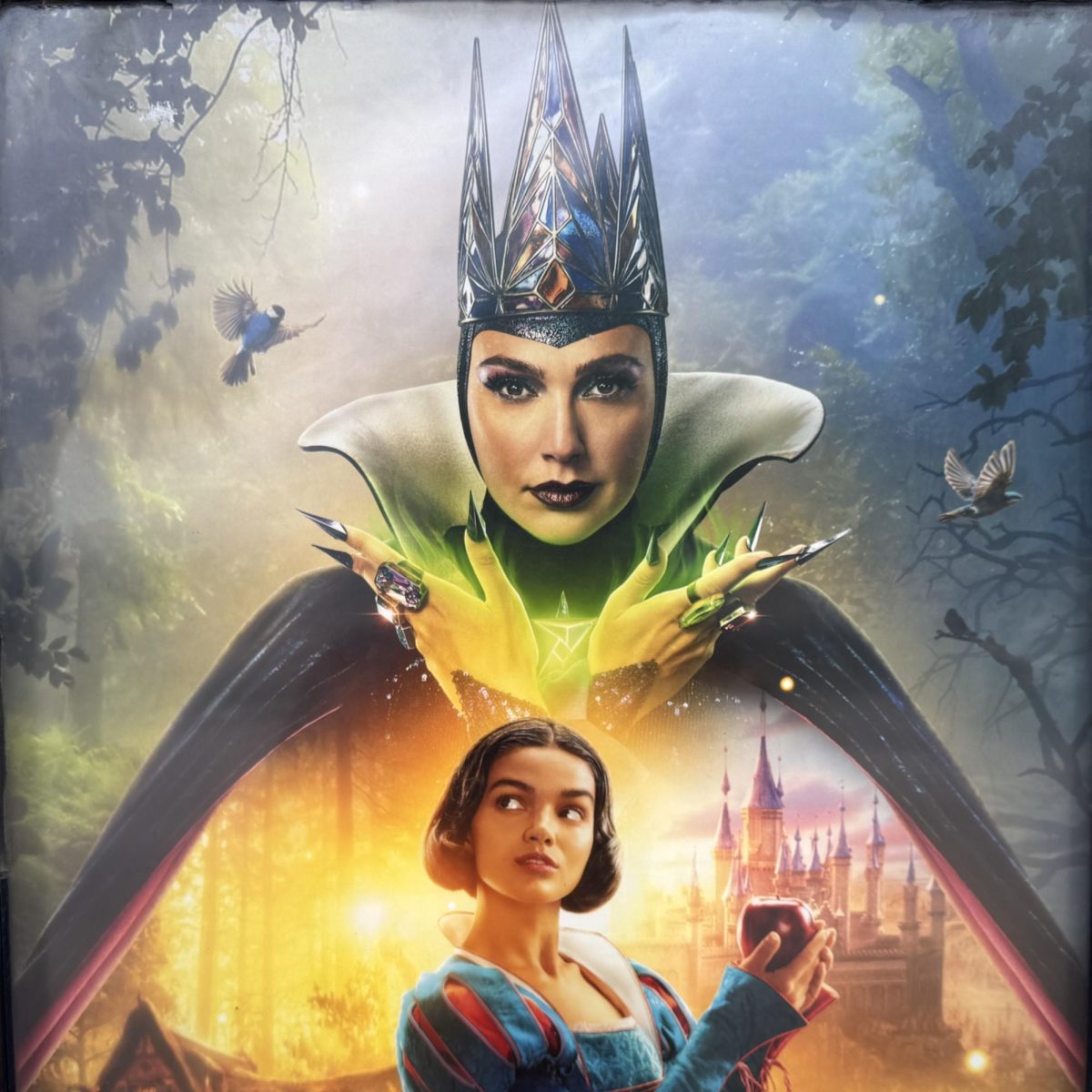

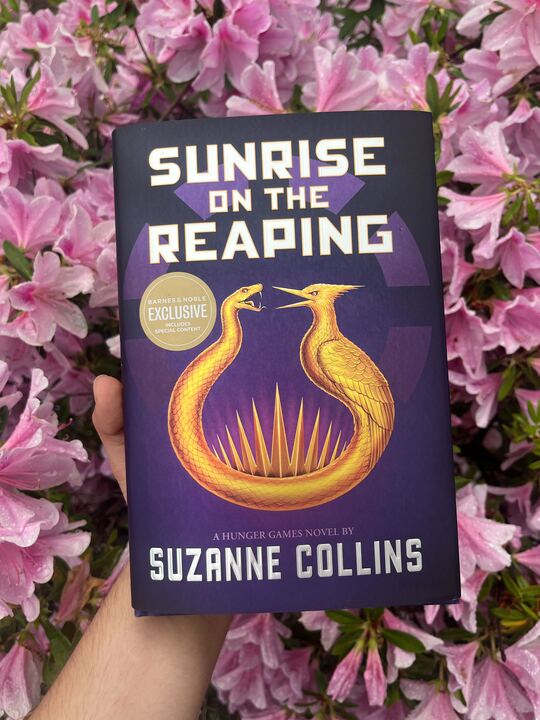
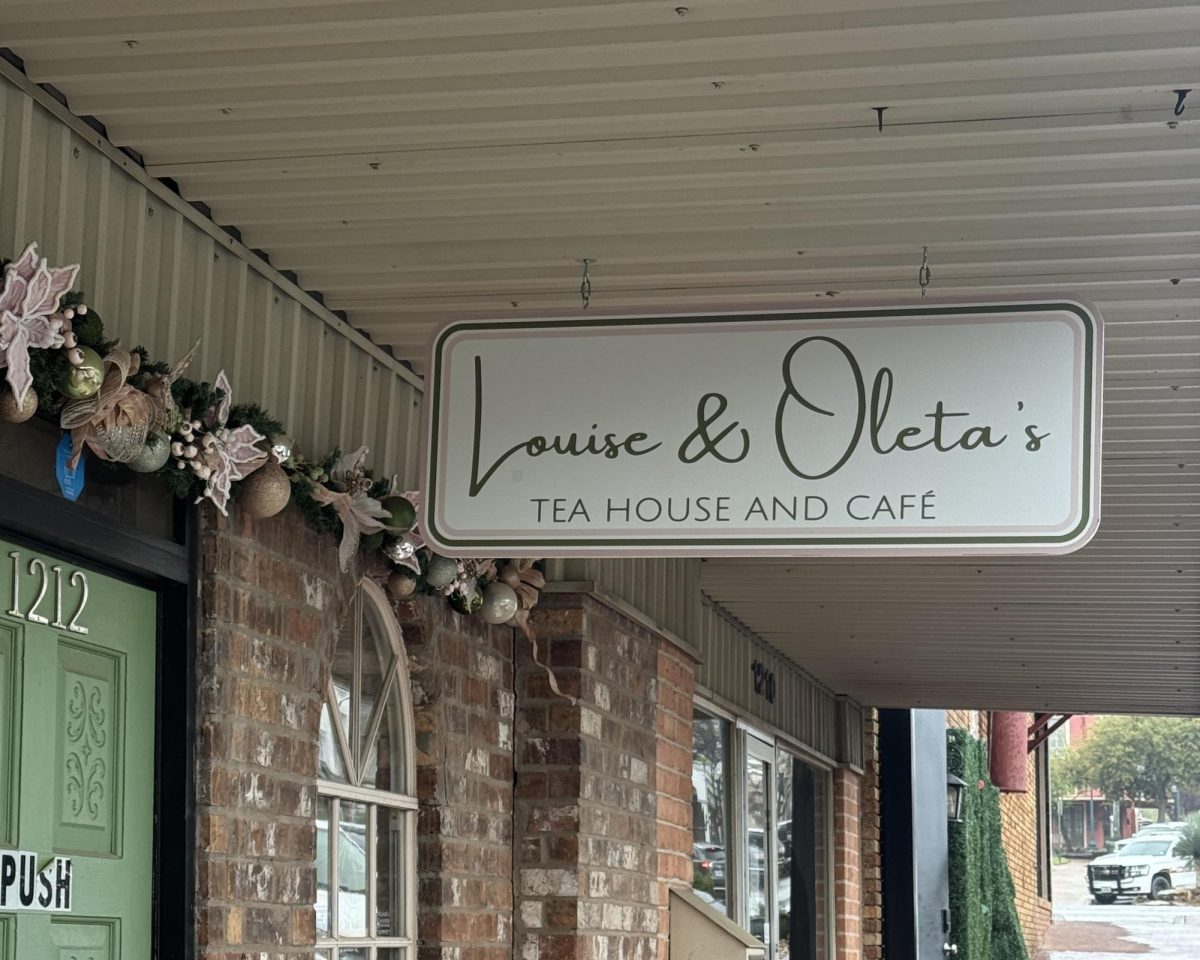






Cassandra Hernandez • Apr 9, 2025 at 9:35 am
Just got enlightened as I read this article! As adults we look to escape life’s daily work ethics to simply take a moment to destress and rest.
C.H.